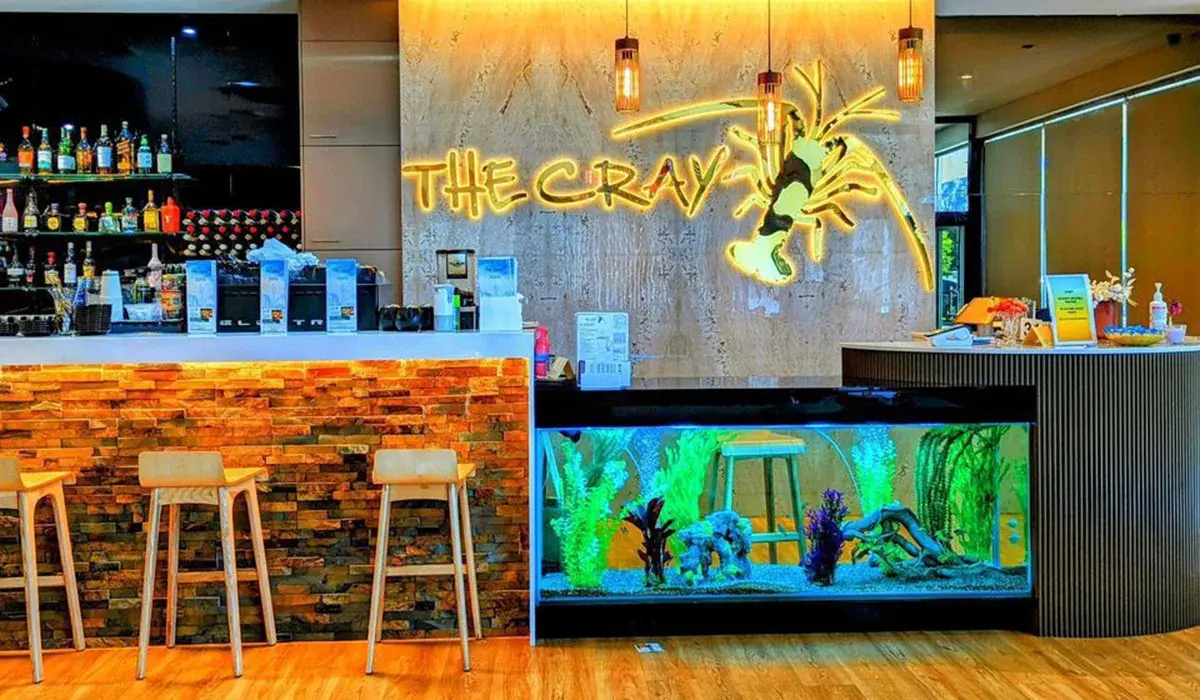
Posted on 09th August 2022
Going Cashless? Consider these things first...
People often ask me about moving to cashless operations. No one would have considered it ten years ago, but now it’s a real thing. And while it’s a good idea for some businesses, I think these implications should be considered.
I'm Shaun Munro, CEO at Triniteq, and in this article, I'll be discussing the pros and cons of going cashless.
You no longer have to deal with cash
The obvious one is that you don’t need to deal with cash which cuts out all the work around cashing up, safely storing cash, accessing change for the float especially on weekends and public holidays, possibly dealing with counterfeit notes, and visits to the night safe.

Cash storage hardware not required
It would also reduce the need for, and costs associated with, hardware such as cash drawers and safes.
Increases security & accuracy
Security and accuracy would improve as everything is digitised, nothing can go missing, and change-giving errors are eradicated.
And the cons?
Absolute reliance on the internet or mobile network
By going cashless the business is completely reliant on the internet, or mobile network coverage. If these fail, payments can no longer be taken. And we all know this can and does happen.
Hardware dies
Hardware dies. It’s a fact of life. And it tends to happen when we’re really busy. So, we need to ask ourselves, what would happen if my POS terminal/tablet or EFTPOS machine dies? What is my contingency plan? What redundancies are in place, and can I improve these?
Cash-only customers
Some customers only want to pay in cash, so the business might lose customers.
Increase in fees
And what about fees? When we accept cash, the whole amount is ours. If we charge $50, we get the full $50. Whereas if we take a cashless payment then we’ve just lost a percentage of this. And this builds up over the many payments made in a day/week/year.
So what is the cost?
There is a cost to taking payments and either the business swallows the cost, or they pass it on to the customer by increasing prices. So, I think the decision to go cashless comes down to the business model, the brand, customer demographics, location, and accessibility to strong and stable internet or mobile coverage.
Taking cashless payments can cost more, but savings are made in hardware, time, and accuracy.
No matter which way you look at it, negotiating the best rate with your merchant provider is crucial as every dollar you save goes straight to the bottom line.
If you are considering it, it could be a good idea to estimate the amount it costs annually to work with cash (loss, labour, and inconvenience) and compare it with estimated annual fees for going cashless. You might be surprised.
If you're thinking about going cashless, give us a call on 1300 784 666 or drop us an email . We can help you implement a cashless POS system at your venue.
And if you're thinking about implementing a new POS, take a look at POWEREPOS, the latest POS software on the market. Australian made and supported, no transaction fees or lock-in contracts and 6 months free means that when you sign up, you pay nothing for 6 months. Watch a POWEREPOS Demo >>
Related articles
When Tejas Patel and his team at The Cray set out to open nine new restaurant locations ...
Pholklore is a vibrant, modern Vietnamese eatery known for blending traditional flavours ...
For a limited time, new Xero customers can access 90% off their Xero fees for 6 months, a ...


